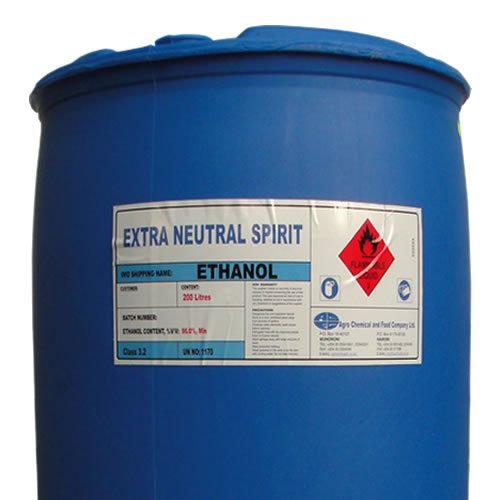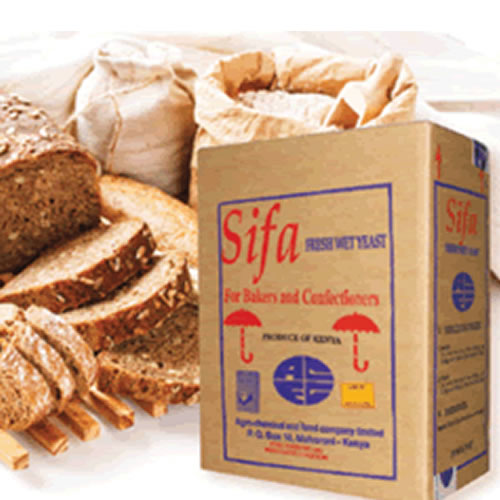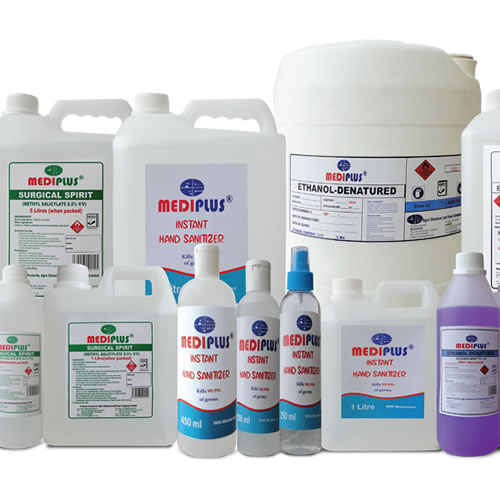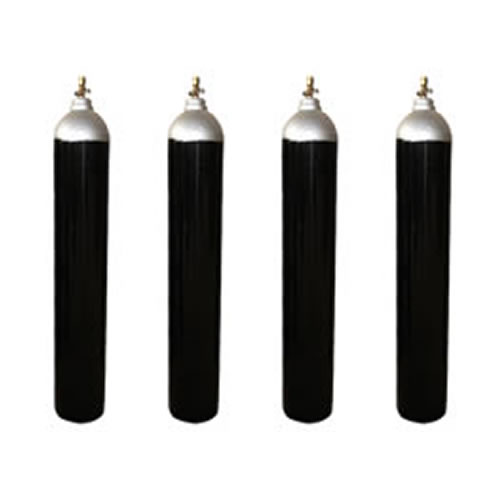Environment, Safety & Health Department
Environment, Occupational Safety and Health issues have become globally important that a company of ACFC status cannot afford to ignore. This has been occasioned by the fact that people are becoming increasingly aware of the environmental impacts of their daily operations and calls for sustainable development that would ensure economic utilization of the available raw materials and pollution control without harming the future generations.
The organization is fully aware of this and recognizes the fact that Environmental management is a critical issue for its sustainable development as well as that of the surrounding community. The company is therefore committed to conducting its activities using the most efficient and environmentally friendly technologies to ensure compliance to environmental laws and regulations in controlling, minimizing and mitigating negative environmental impacts emanating from its processes using the principles of 4R (reduction, re-use, recovery and recycling of wastes).
In line with the above, the company installed and commissioned in 1997 an effluent treatment plant at a cost of over Ksh. 140 Million. The plant treats waste-water through the process of bio-methanation thereby producing bio-gas which is utilized in the boiler to produce steam. This saves the company substantial amount of money which would be used in fuel oil.
The organization is also aware of the possible pollution impacts that its operations could have on the environment and has therefore set up a fully fledged and well equipped Environment, Safety and Health department whose daily operations are guided by the Company’s Environmental policy, Health and Safety policy and the National environment and Occupational Safety and Health regulations.
The company also has a responsibility to ensure occupational safety and health of its workers through ensuring safe working environment and absence of risks to health that may be caused by use, handling, storage and transportation of its raw materials, products and wastes.
Other than recovery of biogas, the generated sludge (humus) has rich ingredients that can be used as soil supplements. The potential of this bio-fertiliser can be enhanced through bio-composting for value addition for use and benefits in farming activities, especially in horticultural practises.






